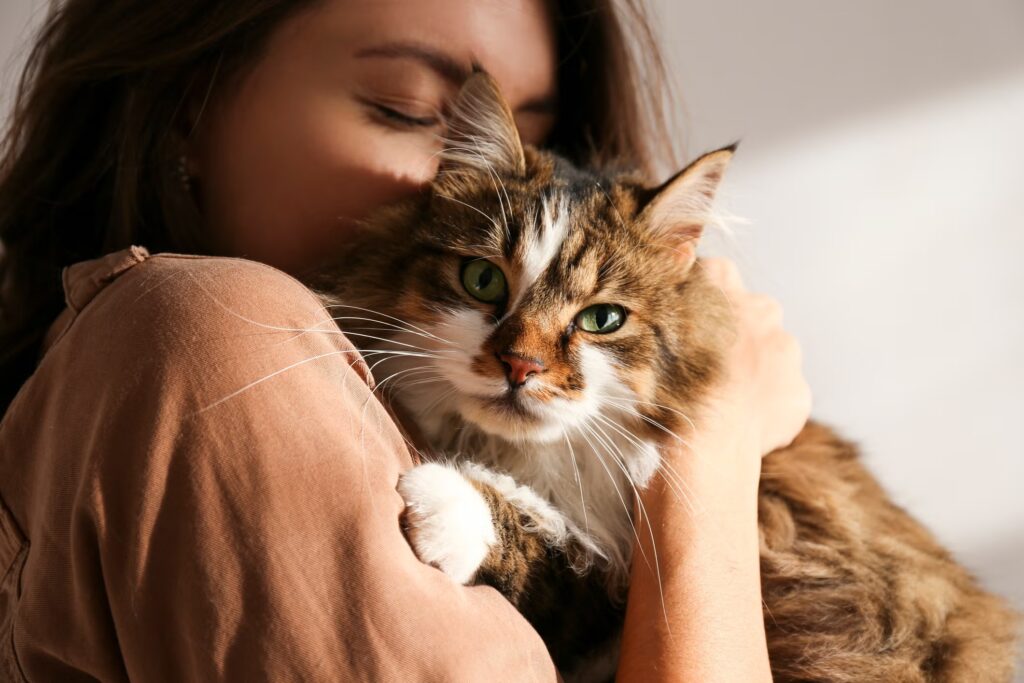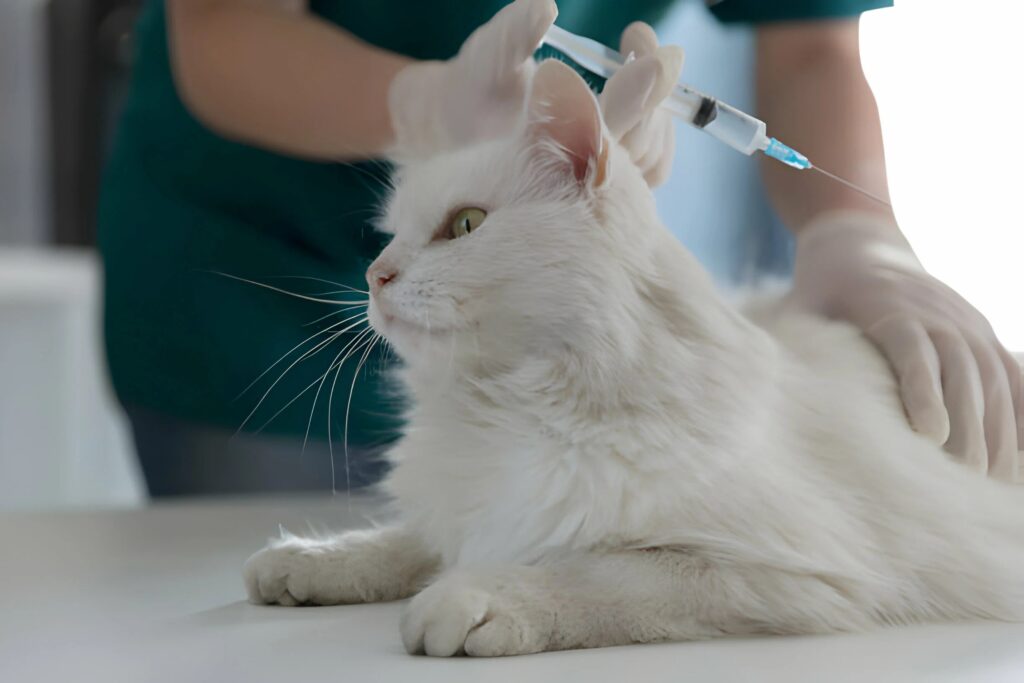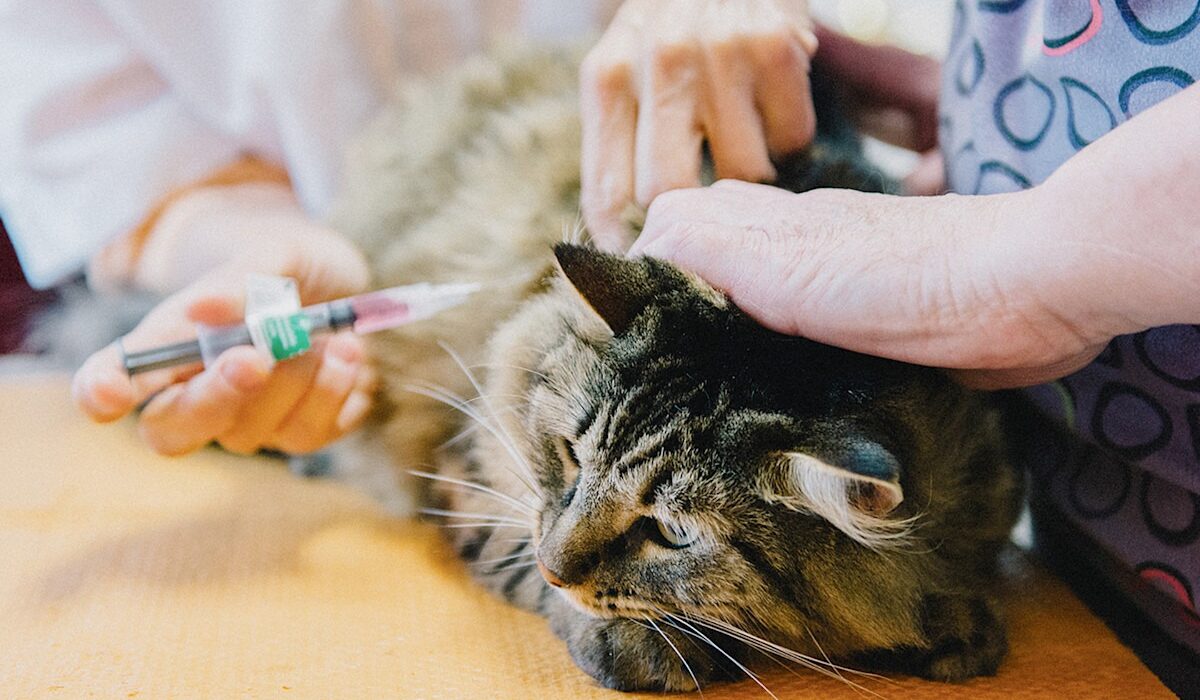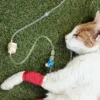Do Cats Need Shots? The Essential Guide to Cat Vaccinations
If you are interesting in adopting a cat one of the most common question comes in your mind “ do cats need shots”? In this exclusive guide, we’ll find out why vaccinations are important, which vaccines your cat needs. they should be regulate and mange, all vital and essential health care tips to keep your beloved pet safe and sound.
Do Cats Need Shots?
When you ask “do cats need shots,” you’re inquiring about the role of vaccinations in preventing serious health issues in cats. The simple answer is YES—most cats benefit significantly from essential vaccinations that guard against numerous infectious diseases.
Why Vaccinating Your Cat Is Crucial
- Protection Against Serious Diseases: Vaccines are very helpful in preventing life time diseases and keep your cat in safe zone . Diseases like cat distemper , cat herpes-virus, calciferous, and rabies can be protected through vaccination and care .
- Public Safety: Some zoophytic diseases such as rabies, make vaccination not only a matter of pet health but public health.
- Legal Requirements: Many area demands rabies medication and-vaccinations for cats and specially if they are frequently travel outside.
Many Diseases Are Preventable
Many time indoor cats can be affected with many illness due to lack of proper care. If they playing with any other animal. They are also affected by hygiene issues and eating certain food failed to fulfill nutrition requirements. Sometime even cats are affected by environment due to climate and seasonal changes. All these problems can be resolved by proper care and vaccination.
The Role of the Veterinarian
A veterinarian will examine all the conditions of your cat schedules of food and eating habits ,sleep and playing time . A veterinarian will also check all the previous vaccination schedule and diseases history . After analysis of each tilde of cat then he will suggested the vaccination schedule of the cat.
The Emotional Benefits for Owners
When your cat is fully vaccinated it keep you mentally relaxed. Many diseases of animals are very harmful for humans and vaccinations always keep you away from these risks.

Vaccines Every Cat Should Receive
Vaccines
All cats need some vaccines to prevent common diseases no matter about their lifestyle . All these vaccinations support healthy lifestyle and gives vital protection .
The Key Core Vaccines
- Cat Panleukopenia (cat Distemper): Cat distemper completely affect the immune system and gastrointestinal track.
- Cat Calicivirus: It affects the respiratory system, illness and oral ulcers.
Vaccination Schedule
- Kittens: Kittens must be give vaccines in early 8 weeks . All boosters should be give to kittens before 16 weeks.
- Adult Cats: According to the law , adult cats receive many vaccinations in their initial stage of life and after.
- Older Cats: older cats must be regularly vaccinated and protected from outdoor activities and risks.
Regular Updates and Record Keeping
Keeping all previous history of your cat`s vaccination will helpful for you. Maintaining detailed records of your cat’s vaccinations is vital. These documents help during vet visits, travel, or if your cat is exposed to disease carriers. Keep a calendar reminder for booster shots and annual checkup
Non-Core Vaccines
While core vaccines are vital , some cats may require extra care and protection in old age according to their lifestyle .
Common Non-Core Vaccines
- Feline Leukemia Virus (FeLV): This vaccine is vital for outdoor or feral cats, as FeLV spreads through saliva and nasal secretions, especially when cats groom each other closely.
- Chlamydia: Recommended in multi-cat households or shelters, where the bacteria can cause conjunctivitis and respiratory problems.
- Feline Immunodeficiency Virus (FIV): Not routinely recommended, primarily for high-risk cats in multi-cat environments or feral populations.
High-Risk Situations for Additional Vaccinations
- Cats kept outdoors or with outdoor access
- Feral or rescue cats introduced into a new household
- Multi-cat environments such as shelters or catteries
Risks of Not Vaccinating
If your cat is not vaccinated and regularly participating in social activities that`s harmful .Vaccination will protect from diseases to whole community and cat`s owner.
Vaccination Schedule
Kittens
- Kittens must be vaccinate at 8 weeks, then every 4 weeks until 16 weeks.
- Final vaccines at 20 weeks to ensure long-lasting immunity.
- Lifetime vaccines typically start at one year of age.
Adult Cats
- Important: If your cat failed to take vaccination due to any reasons then first arrange the vaccination schedule for your cat.
Senior Cats
- Older cats still need vaccinations but may have a different schedule based on health conditions.
- Older cats need more checkups and health care and diet plans, walk and activities for healthy lifestyle.
Consistency Is Key
Maintaining a regular vaccination schedule ensures continuous immunity. Discuss with your veterinarian whether your cat’s schedule needs adjustments based on health, age, or changing circumstances.

Additional Health Care: Beyond Shots
While vaccinations are vital, other facets of responsible pet care further ensure your cat’s well-being.
Routine Preventive Care
- Dental health: Regular cleaning of teeth prevent many diseases
- Nutrition: Healthy and balance diet always helps in good digestion and healthy immune system.
- Hydration: Fresh water at all times keeps your cat hydrated, aiding overall health and vaccine effectiveness.
Parasite Control
- Implement regular flea, tick, and worm prevention measures.
- Parasites can transmit diseases, and their control reduces stress on your cat’s immune system.
Environmental Enrichment
- Stimulating toys, scratching posts, and cozy resting spots keep your cat mentally active.
- Reducing stress and boredom helps prevent behavioral issues and supports overall health.
Spaying and Neutering
- Prevents unwanted pregnancies and reduces health risks.
- Has behavioral benefits and can prevent certain cancers or infections.
Monitoring for Health Changes
- Early detection of issues often leads to easier treatment and better outcomes.
Common Questions About Vaccinating Cats
What If My Cat Has a Medical Condition?
- Many health issues don’t contraindicate vaccination.
- Consult your veterinarian for personalized advice, especially if your cat is immunocompromised or elderly.
Are There Risks of Over-Vaccination?
- Over-vaccination concerns exist, but veterinary science supports tailored schedules, reducing unnecessary shots.
Can I Vaccinate My Cat at Home?
- Vaccinations should always be administered by a veterinarian or trained veterinary technician to ensure safety and proper technique.
- Improper administration can cause injury or ineffective immune response.
The Bottom Line: Do Cats Need Shots?
In summary, “do cats need shots” is answered with a clear YES! Vaccines are very vital for all animals and specially for cats .Vaccines are life saving drug . Consult your veterinarian before injecting anything into your cat .
Conclusion: Protecting Your Cat Through Vaccinations Is Key to a Long and Healthy Life
Cats give happiness and companionship to humans . Vaccines are life saving and provide protection against any kind of illness. It gives healthy lifestyle . Keep in mind that before going for vaccination always checkup your cats . Consult your veterinarian for vaccination schedule check your cat diseases history than give any life saving drugs. Sometimes cats are very sensitive due to seasonal change and allergies then these drugs will be harmful . Take some steps for your cats health like regular check up, good nutrition , walk and healthy environment. Vaccinations play vital role in cats life for well upbringings.




